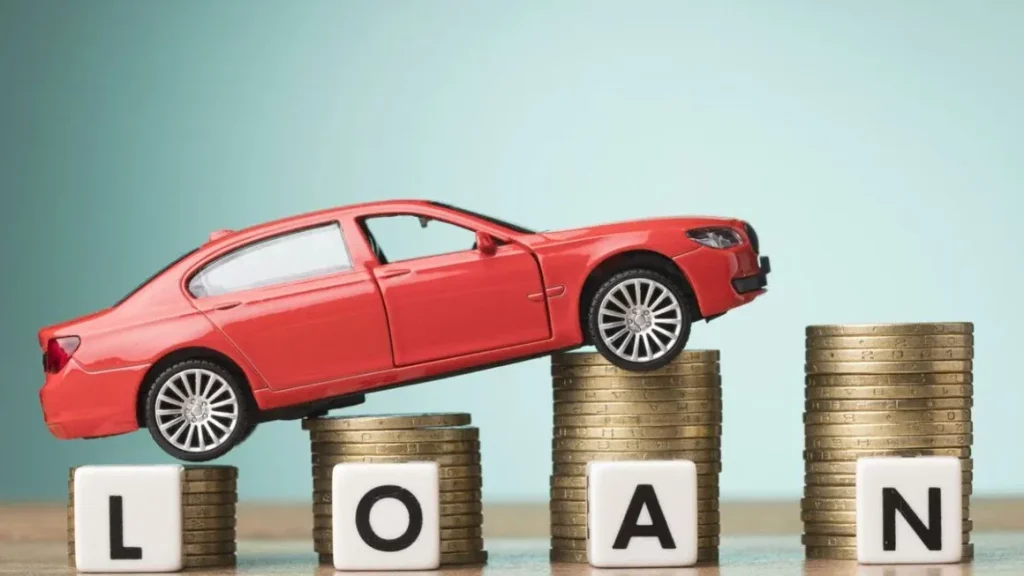Buying a car can be an exciting but daunting experience, especially when navigating loan options in the US. Understanding your financing choices and knowing how to select the best one can make the process smoother and more beneficial. By exploring various types of auto loans and comprehending the fine print, you can drive away with confidence knowing you’ve made the right decision.
In this comprehensive guide, we will navigate the complexities of car financing, from understanding different loan types to evaluating lenders and tips for securing the best rates. Whether you’re a first-time buyer or looking to upgrade, this information will help you make informed choices about your auto loan options.
Understanding different types of car loans

Choosing the right auto loan depends on several factors, including your financial situation and credit score. There are three primary types of car loans: unsecured personal loans, secured auto loans, and leasing.
Each has unique advantages and fits different buyer profiles. Unsecured personal loans don’t require collateral, meaning you won’t risk your vehicle if you default, but they may come with higher interest rates.
Secured auto loans use the vehicle as collateral, often resulting in lower rates and better terms, but it implies a higher risk if you fail to repay. Leasing, on the other hand, is not a loan but an option worth considering. It allows you to drive a car for a few years with lower monthly payments, but you won’t own the vehicle at the end of the term unless you opt to buy it.
Unsecured personal loans
Unsecured personal loans can be a flexible option for financing a car without putting up any collateral. These loans are based solely on your creditworthiness, which means lenders will look closely at your credit score and financial history. One of the main advantages of an unsecured loan is that you do not risk losing your car if you somehow default on your payments.
However, this added security for you means higher interest rates since the lender is taking a bigger risk. It’s essential to shop around and compare offers from multiple lenders. Banks, credit unions, and online lenders all offer unsecured personal loans, and rates can vary significantly.
Secured auto loans
Secured auto loans are the most common type of financing for new or used car purchases. These loans require collateral, which in this case, is the vehicle itself. This lowers the lender’s risk and can often result in more favorable terms for the borrower.
However, it’s crucial to remember that if you fail to make your loan payments, the lender has the right to repossess your car. To maximize the benefits of a secured loan, make sure to have a good credit score. Additionally, it’s advised to make a larger down payment, which can lower your monthly payments and reduce the overall interest paid over the loan term.
Evaluating lenders and loan offers
When it comes to choosing a lender, you have several options, including traditional banks, credit unions, and online lenders. Each comes with its own set of pros and cons, and what might be best for one buyer may not be ideal for another. Banks often provide competitive rates but may have stricter lending criteria and longer approval processes.
Credit unions, on the other hand, are known for offering lower rates and more personalized service but typically require you to be a member. Online lenders have become increasingly popular due to their convenience and speed. They often provide a quick pre-approval process and a wide range of loan products.
Comparing interest rates and terms
Interest rates and loan terms are critical factors that significantly affect the total cost of your loan. Even a small difference in interest rates can result in substantial savings or additional costs over time. When comparing loan offers, look not just at the interest rate but also at the Annual Percentage Rate (APR), which includes any additional fees or charges.
A lower APR can save you more money in the long run than a slightly lower interest rate with high fees. Additionally, consider the loan term. While a longer term may result in lower monthly payments, it also means paying more in interest over the life of the loan. Shorter terms may have higher monthly payments but will save you money overall.
Pre-approval and credit score impact
Getting pre-approved for an auto loan can give you a significant advantage. With a pre-approval in hand, you have a clear picture of your budget and can negotiate with dealers more effectively. The pre-approval process typically involves a soft credit check, which won’t affect your credit score.
However, once you apply for the loan, a hard inquiry will be made, which can temporarily lower your credit score by a few points. To minimize the impact on your credit score, try to complete all your loan applications within a short period, such as two weeks. Multiple inquiries in a short span are often treated as a single inquiry by credit scoring models.






